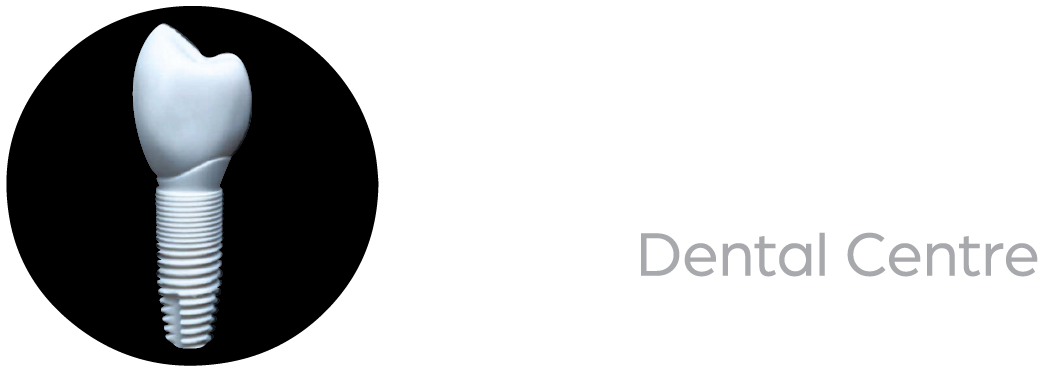EXTRACTIONS
WHAT IS AN EXTRACTION:
A Dental Extractions or tooth pulling (in simpler terms) is a dental procedure in which teeth are removed from their sockets located in the alveolar bone. There are several reasons as to why someone may need an extraction, but they’re most commonly performed due to ‘unreasonable teeth’ deemed by periodontal disease, dental trauma, and/or tooth decay, specifically when it’s associated with toothache or pain.
When it comes to wisdom teeth, they can either grow in so long as there is room in the mouth and if they are growing in straight or they can be impacted (stuck or unable to grow in line normally). This may cause cause recurrent infections of the gum or can lead to other issues such as crowded teeth and pain/discomfort, in which case orthodontic work will be required.
What To Expect In This Situation:
When a tooth is said to be in need of being extracted, it can sometimes seem like a frightening ordeal. Our Dentists and Oral Surgeons are here to provide the peace of mind and care that you deserve. Prior to the extraction your dentist will administer a local anesthetic to numb the area where the problem tooth is located. This will assure you that no pain will be felt during the process and will put you in a relaxed sleeping state through the entire process. If the tooth is impacted, the dentists will cut away gum and some bone tissue that are covering the tooth. They will grasp the tooth, using forceps, and gently loosen the tooth from the jaw bone and ligaments that are attached. Sometimes if needed, the tooth will also be broken down into smaller pieces for an easier/ cleaner extraction.
Post Tooth Removal Tips:
Following the extraction of a tooth, you will be sent home to get some rest and allow your mouth to recover. This can range from a few days to a little over a week. This list will be a guide on how you can help manage or minimize discomfort, reduce the risk of infections and to help hasten your recovery:
Take painkillers prescribed by your dentist
Bite firmly but gently on the gauze in your mouth to reduce bleeding (note: be sure to change your gauze periodically before they are soaked through with blood.
Apply cold ice pack to the affected area for 10 minutes at a time
Limit your physical activity for at least the first few days
Avoid spitting or rinsing with too much force, be sure to be gentle yet thorough for at least 24 hours
After 24 hours, rinse with your mouth with a solution made of 1/2 teaspoon salt and 8 ounces of warm water.
Do not drink from a straw for the first 24 hours.
Do not smoke, which can inhibit healing.
Eat soft foods, such as soup, pudding, yogurt, or applesauce the day after the extraction. Gradually add solid foods to your diet as the extraction site heals.
When lying down, prop your head with pillows. Lying flat may prolong bleeding.
Continue to brush and floss your teeth, and brush your tongue, but be sure to avoid the extraction site. Doing so will help prevent infection.

